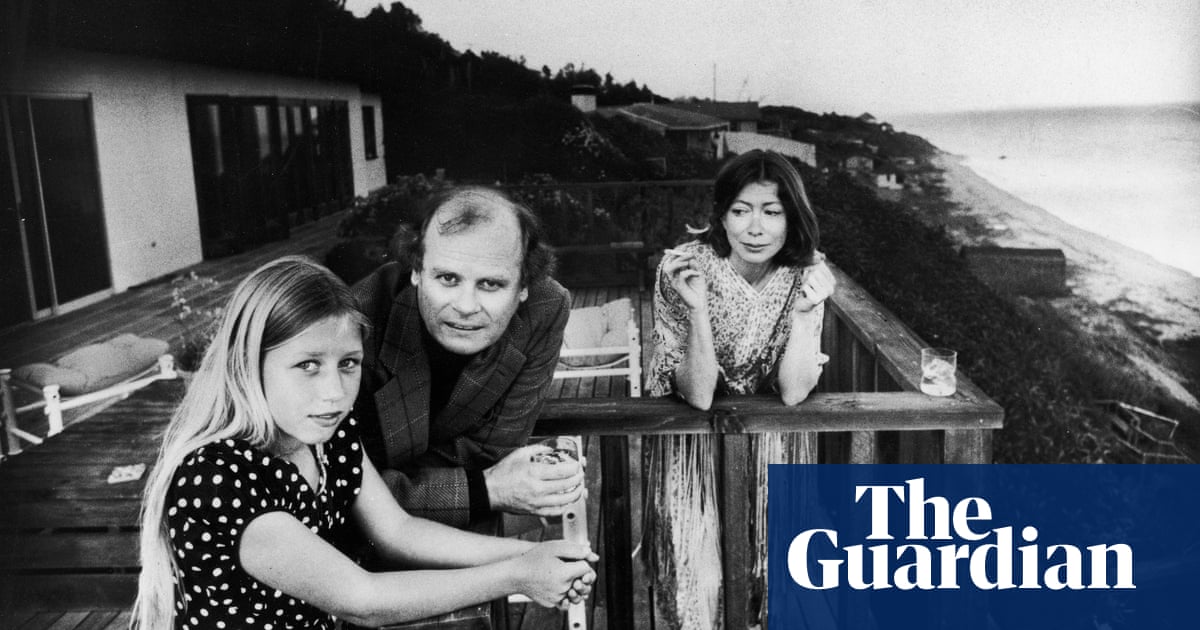Samantha Ellis yearns to eat the nabug fruit that her Iraqi-Jewish parents recall from Baghdad back gardens. Yet when she asks for it in London’s Iraqi shops, she’s met only with blank looks. It took much effort for her to find the English name for the nabug – the Christ’s thorn jujube – and even then she’s unable to source seeds online. Eventually an Iraqi Muslim friend brings her a bag of the fruits. She shares them with her mother, who lights up: “It’s nabug!”. She tells her grandson she hasn’t eaten one in 50 years, and despite wanting a Haribo, he joins his grandmother and mother in enjoying the taste, “like a cross between an apricot and a date”.
This story in Ellis’s memoir is, like the book itself, about many things – loss, the distance between generations, nostalgia for a place one has never been, and the power of food to evoke memory – but perhaps most fundamentally, it is a story about language; of its slipperiness and ambiguity.
It’s not clear whether nabug is, in fact, an Arabic or a Judaeo-Arabic word. Ellis grew up hearing her parents and grandparents speak this language and developed an imperfect, passive knowledge of it. Unlike Yiddish, which has a substantial literature, Judaeo-Arabic was primarily used orally and has no standardised form. Even when Ellis starts attending Judaeo-Arabic classes, her mother often doesn’t recognise the words and phrases she is being taught. There isn’t even a universally agreed name for the language.
Ellis’s book is a linguistic feast (as well as a gastronomic one – recipes are included). The book’s title is taken from a splendidly histrionic idiom – “You’re chopping onions on my heart!” – and Ellis relishes the “hotness” of Judaeo-Arabic over the frigidity of English. I too loved phrases such as “she talks like she has kubba [a kind of dumpling] in her mouth”, with which her family would affectionately mock her youthful mangling of the language. The sounds are inviting, too: Skitti oo-khalia – “shut up and leave it” – sounds somehow just right.
But there’s a deep anxiety behind Ellis’s interest. Unesco classes Judaeo-Iraqi Arabic as “potentially vulnerable”, because it is not being passed on to new generations. Ellis’s desire to preserve it is shot through with guilt about her former passivity, as well as despair at the magnitude of the task.
Tracing their history back to Babylonian times, the Jews of Baghdad prospered even into the modern era, despite legal inequality and occasional persecution. Yet the situation deteriorated rapidly amid the post-first world war upheavals that brought both western imperialism and modern nationalism to post-Ottoman Iraq, and Zionism to what would become Israel. The 1941 pogrom known as the Farhud left hundreds dead, and by the early 50s most Jews had either been expelled or emigrated, sometimes to Israel where they faced discrimination in the early years of the state. Ellis’s mother’s family held out until the early 70s, when all but a handful of members of this ancient community fled Saddam Hussein’s oppression.
The political implications of the fate of Iraqi Jewry are bitterly contested. For Ellis, though, this is primarily a personal tragedy and a boundlessly sad one. There is no going back to what was lost, and it isn’t clear what her own responsibilities are to the future; what she should pass on to her son and what she should let go of. Her efforts to find the words to speak as Iraqi Jews once did never fully succeed. However, by the book’s end she comes to accept the imperfections of her knowledge and the messiness of her inheritance.
Ellis’s book is a useful reminder that Jewish generational trauma is not confined to the descendants of those who survived the Holocaust. In fact, given the ubiquity of refugees in the modern world, Chopping Onions on My Heart’s aching sense of loss has a truly global resonance.
Keith Kahn-Harris is the author of Everyday Jews: Why the Jewish People Are Not Who You Think They Are

.png) 1 day ago
6
1 day ago
6













































